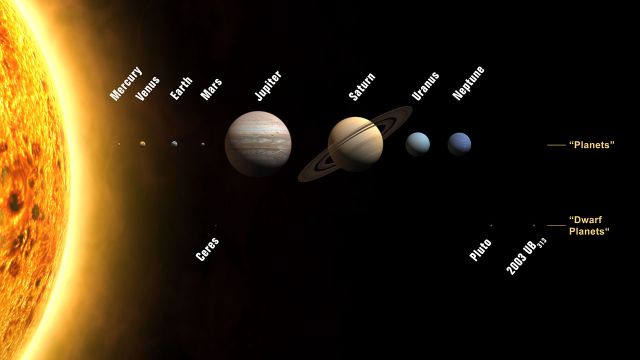
|
TuTh 14:00-15:50 125 McKenzie Hall |

|
TuTh 14:00-15:50 125 McKenzie Hall |
JHU New Horizons (Pluto and MU 69)
Cassini (Saturn)
Juno (Jupiter)
Curiosity Rover (Mars)
Europa Clipper (Jupiter)
LIGO (gravitational waves)
star date,
Astronomy,
sky and telescope news,
national geographic,
apod
extended description:
Instructor: James N. Imamura
Office: 457 Willamette Hall
e-mail: imamura@uoregon.edu
Phone: 541-346-5212
Office Hours: tuth 10:30-noon, or by appointment
Homeworks/In-class exercises
Date |
|
|
|
1/8 | Introduction | Chapter 1: A Modern View of the Universe, Chapter 3.1: The Ancient Roots of Science | Topic 1 |
1/10 | Naked Eye Astronomy | Chapter 2: Discovering the Universe for Yourself, Section S1: Celestial Timekeeping and Navigation | Topic 2 |
The Development of Modern Astronomy | Chapter 3: The Science of Astronomy, Chapter 4.2-4.5 | Topic 3 |
|
The Solar System | Chapter 7: Our Planetary System | Topic 4 |
|
Formation of the Solar System | Chapter 8: Formation of the Solar System | Topic 4a |
|
Is the Solar System Unique? | Chapter 13: Other Planetary Systems, The New Science of Distant Worlds | Topic 4b |
|
The Terrestrial Planets | Chapter 7: Our Planetary System | Topic 5 |
|
The Interiors and Surfaces of the Terrestrial Planets | Chapter 9: Planetary Geology | Topic 5a, Topic 5b |
|
Atmospheres of the Terrestrial Planets | Chapter 10: Planetary Atmospheres | Topic 5c | |
The Jovian Planets | Chapter 7: Our Planetary System, Chapter 11: Jovian Planet Systems | Topic 6 |
|
Jupiter and Saturn | Chapter 11: Jovian Planet Systems | Topic 6a |
|
Uranus and Neptune | Chapter 11: Jovian Planet Systems | Topic 6b |
|
Dwarf Planets, Asteroids, and Comets |
Chapter 12: Asteroids, Comets, and Dwarf Planets: Their Nature, Orbits, and Impacts | Topic 7 |
|
Search for Life in the Solar System | Chapter 24: Life in the Universe | Topic 8 |
|